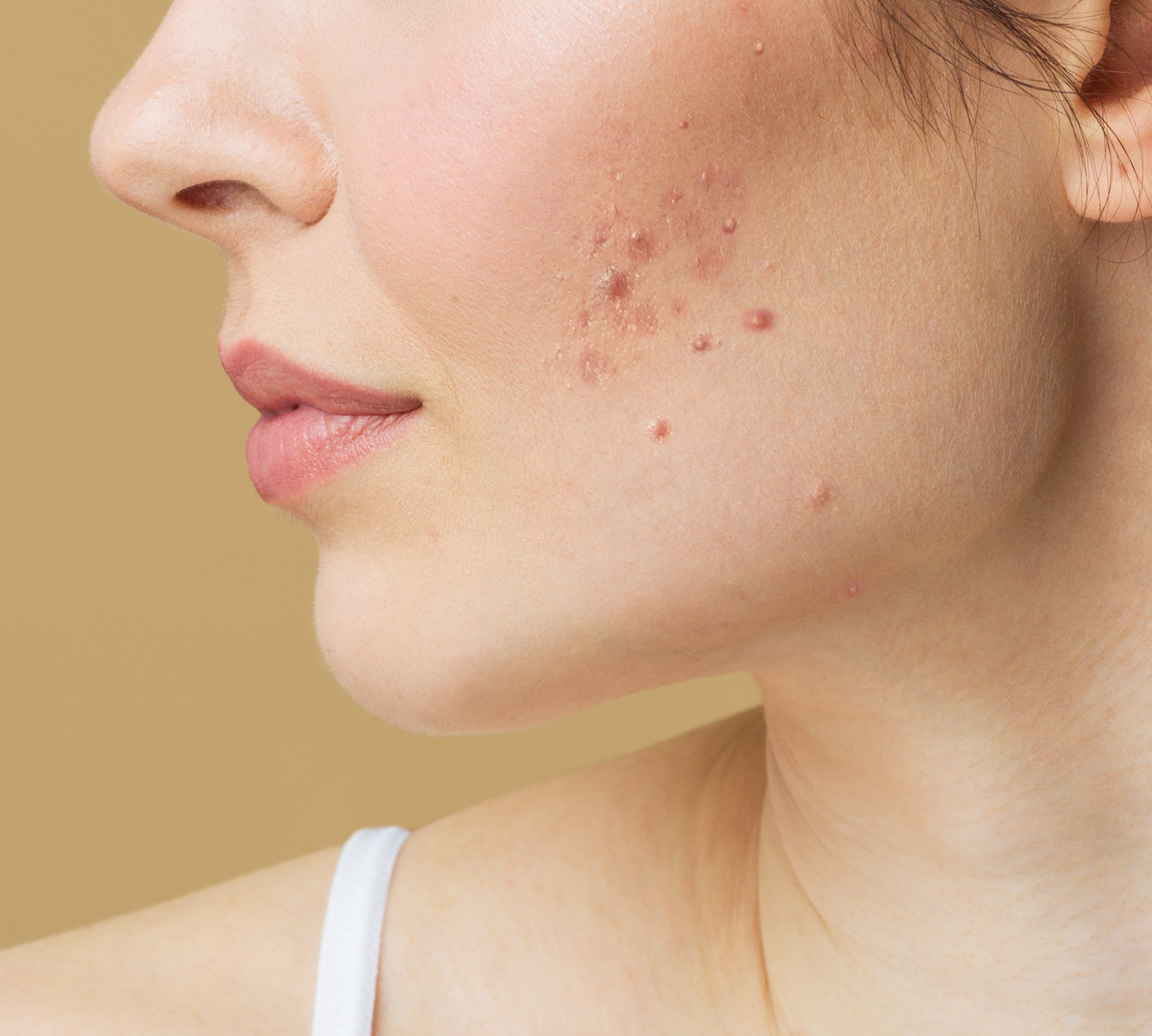
Researchers have uncovered potential stigma associated with acne in women, according to a press release from the EADV. The findings were presented by Jankowski et al at the EADV Congress 2023. Previous studies have demonstrated that acne in adults may influence psychological well-being and can result in low self-esteem, isolation, social distress, depression, biologic stress, and poor mental and physical health. In the new study, researchers recorded the eye movements and natural gaze patterns of 245 participants who viewed the faces of women with clear skin or different anatomical variants of acne who presented either neutral or emotional expressions. They then asked a separate group of 205 participants to rate traits they associated with the faces in order to determine social perceptions of women with acne. Faces with acne were perceived as less attractive, trustworthy, successful, confident, dominant, and happy. Further, the faces with acne around the jawline, mouth, and chin were seen as the least attractive and happy and most visually disturbing compared with the faces with clear skin. The researchers stressed that their new findings reaffirmed the social, emotional, and psychological challenges that women with acne may face—and indicated a need for physicians to focus on improving patients’ quality of life in addition to their acne. “Unfortunately, this is not currently the goal when treating acne, with therapeutic guidelines still advocating for certain treatment modalities based on the number of lesions,” concluded lead study author Marek Jankowski, MSc, MD, PhD, Associate Professor of Dermatology at the Nicolaus Copernicus University in Toruń.